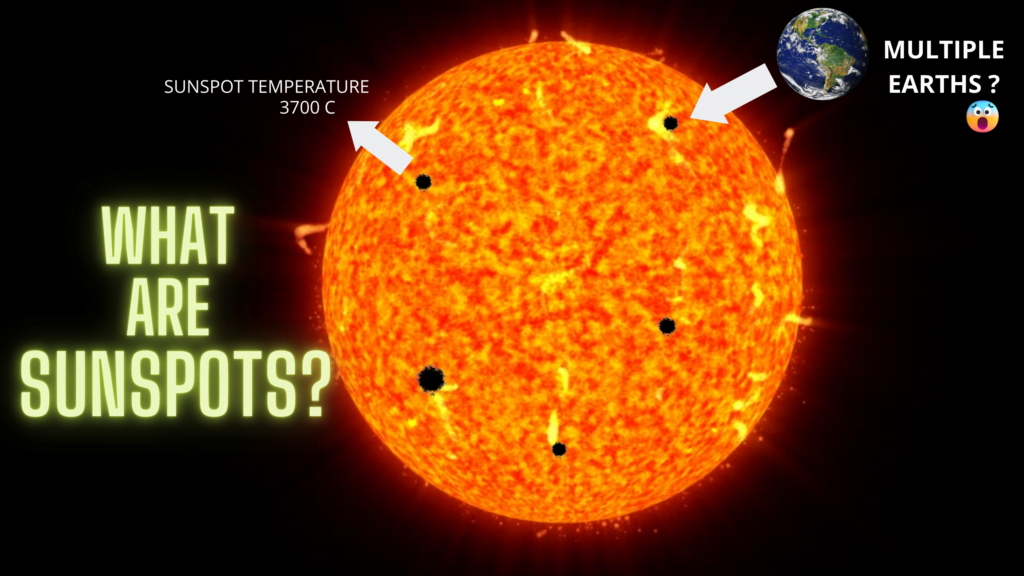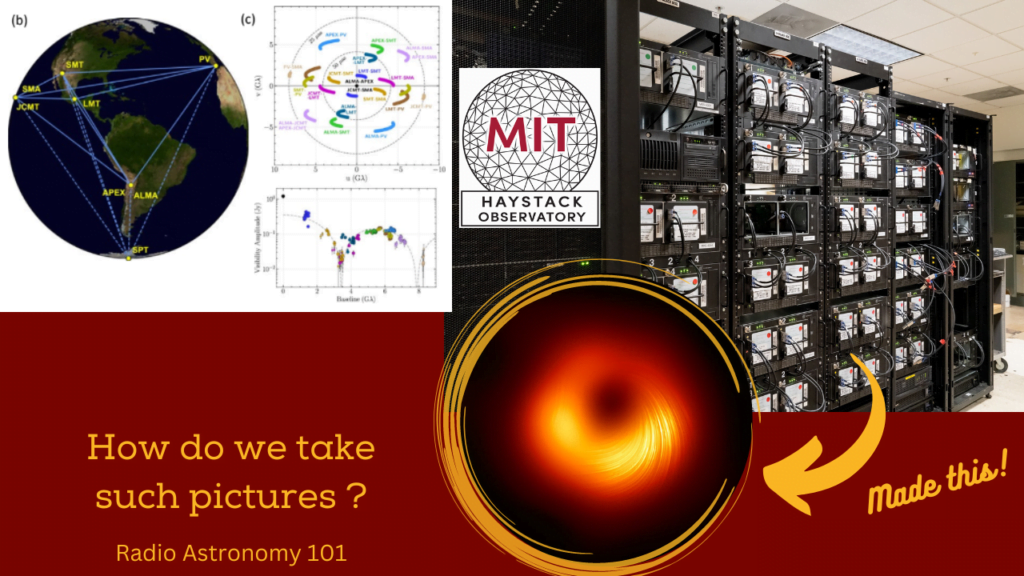In today’s technology-driven world, coding has become an essential tool in many fields, including astronomy. The ability to write, read and understand code can make a significant difference in advancing astronomical research, from analyzing data to simulating complex phenomena. In this article, we will explore the importance of coding in astronomy and how it is transforming the way we study the universe.
The role of coding in data analysis
Astronomers collect vast amounts of data from various sources, such as telescopes and satellites. This data is often in raw form, which means it needs to be processed and analyzed before any meaningful conclusions can be drawn. Coding plays a critical role in this process, as it enables astronomers to develop customized algorithms to analyze data and extract relevant information.
One example of this is the field of machine learning, which involves training computers to identify patterns and make predictions based on large datasets. Machine learning algorithms can be used to classify astronomical objects, such as stars and galaxies, based on their observed properties. This can help astronomers to better understand the evolution of these objects and the larger structures they form.
Another example is the study of gravitational waves, which requires the precise detection and analysis of tiny fluctuations in space-time. This requires sophisticated data analysis techniques, such as Fourier transforms and wavelet transforms, which can be implemented using coding languages like Python and MATLAB.
Simulating complex phenomena
Astronomy also relies heavily on simulations to understand complex phenomena that cannot be observed directly. These simulations are used to model everything from the formation of galaxies to the behavior of black holes.
Coding is essential in developing these simulations, as it allows astronomers to create accurate models of the physical processes involved. For example, simulations of galaxy formation require coding algorithms that simulate the behavior of dark matter and gas. These simulations can be used to predict the distribution of galaxies in the universe and how they evolve over time.
Simulations are also used to study the behavior of black holes, which are some of the most mysterious and fascinating objects in the universe. By using coding to simulate the behavior of black holes, astronomers can better understand their properties, such as their mass and spin, and how they interact with their surroundings.
Collaboration and reproducibility
Coding also plays a crucial role in promoting collaboration and reproducibility in astronomical research. By using open-source coding languages and sharing code libraries, astronomers can work together to develop and refine new techniques for analyzing data and simulating phenomena.
Open-source coding languages like Python and R have become increasingly popular in astronomy because they are easy to use and have a large community of developers who contribute to their development. This has helped to promote collaboration and information sharing among astronomers, which has led to more efficient and effective research.
In addition, coding also allows for reproducibility in scientific research. By using open-source coding libraries and making their code publicly available, astronomers can ensure that their results can be replicated and verified by other researchers.
The future of coding in astronomy
As technology continues to advance, coding is becoming increasingly important in astronomy. New telescopes and instruments are generating more data than ever before, which requires increasingly sophisticated algorithms for data analysis and simulations.
The upcoming Vera C. Rubin Observatory, for example, is expected to generate an enormous amount of data on the movements and positions of celestial objects. This data will require complex coding algorithms to analyze, which will provide valuable insights into the structure and evolution of the universe.
Conclusion
Coding has become an essential tool in advancing astronomical research, from analyzing data to simulating complex phenomena. By using coding, astronomers can develop customized algorithms for data analysis and simulations, promoting collaboration and reproducibility in scientific research. As technology continues to advance, coding will become even more important in understanding the mysteries of the universe.

